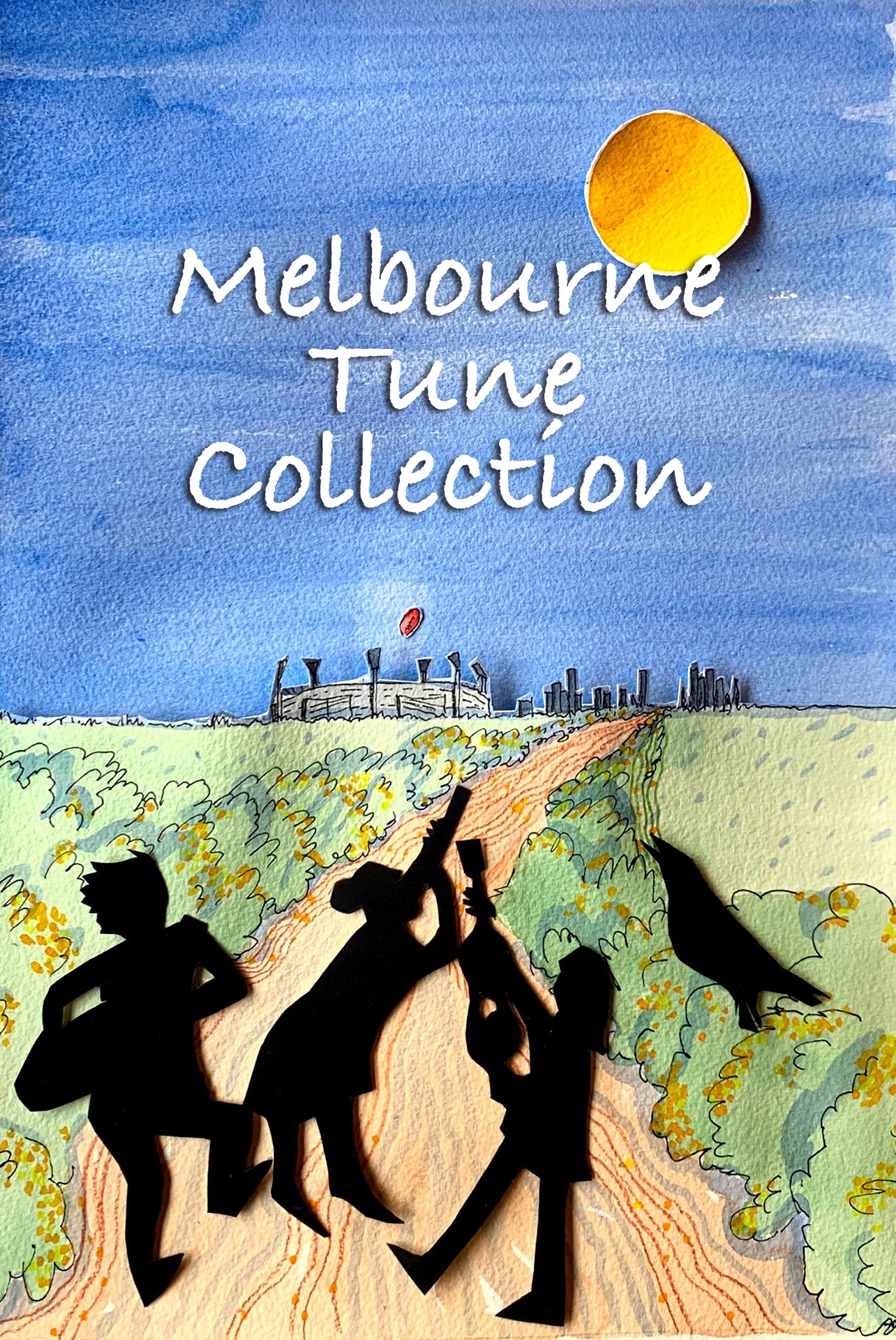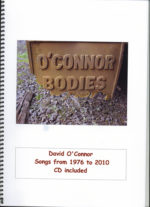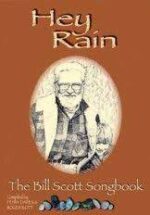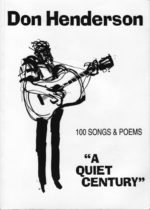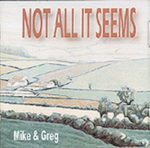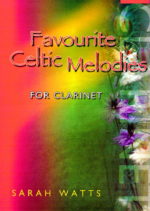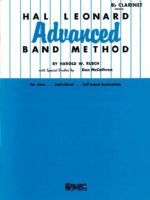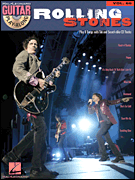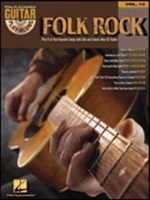Description
A beginner’s guide to tune collecting
by Katherine Oleinikov
TN155 Apr 23
There are a lot of incredibly good Australian tunes out there.
Unfortunately, I didn’t know any.
After 15 years of playing the fiddle, I knew a lot of tunes from the other side of the world and I certainly knew a lot of Australian tune writers, but I didn’t know any Australian tunes.
Walk into any trad Irish session today and you’ll find that most of the music can be traced back to an old collection.
During the 18th century, it became the fashion for tune collectors to roam the countryside and publish large books of the songs and tunes they found.
While never supplanting the oral tradition, these works helped to preserve and promote the music across centuries and continents.
Inspired by this history, and by the vibrant Melbourne folk scene that surrounded me, I decided to create a modern collection.
With absolutely no idea what I was getting into, I set off with my camera and recorder to start a Melbourne Tune Collection.
Here are a few tips I’ve learnt in the four years since.
- Don’t ask someone if they’ve written a tune or song.
The average folk composer is humble and shy and will just mumble something incoherent before changing the subject.
Do inform a composer that ‘so and so has told me you’ve written a great tune’.
This doesn’t necessarily have to be true.
- Artistic values are a luxury.
Most of your recordings will be done in a way that disguises how cheap your equipment really is.
No matter how picturesque the setting, do not record anything outdoors.
Your audio recorder cannot handle it.
- Never turn down a cup of tea.
The best tunes/stories/housemates are generally found after a chat and a cup.
- There is a high correlation between people who play folk music and people who bake scones.
Make the most of this.
- Sheet music notation is intended for classical music.
Folk music is not classical music, so you’re never going to get an accurate transcription.
Despite knowing this, be prepared to still spend a month bogged down with correct repeat bar placement and anacrusis use.
- Recording and publishing tunes is only half your job.
Along the way, you need to get as many people involved and excited about the project as you can.
Music that just sits in a book is dead.
To keep the tunes and songs alive you need people to play them.
The Melbourne Tune Collection recordings can be found online through YouTube and Facebook.
The Melbourne Tune Collection book is available through the Trad&Now shop and at many upcoming folk festivals.
A printed collection of 86 contemporary folk tunes and songs from across Victoria.
